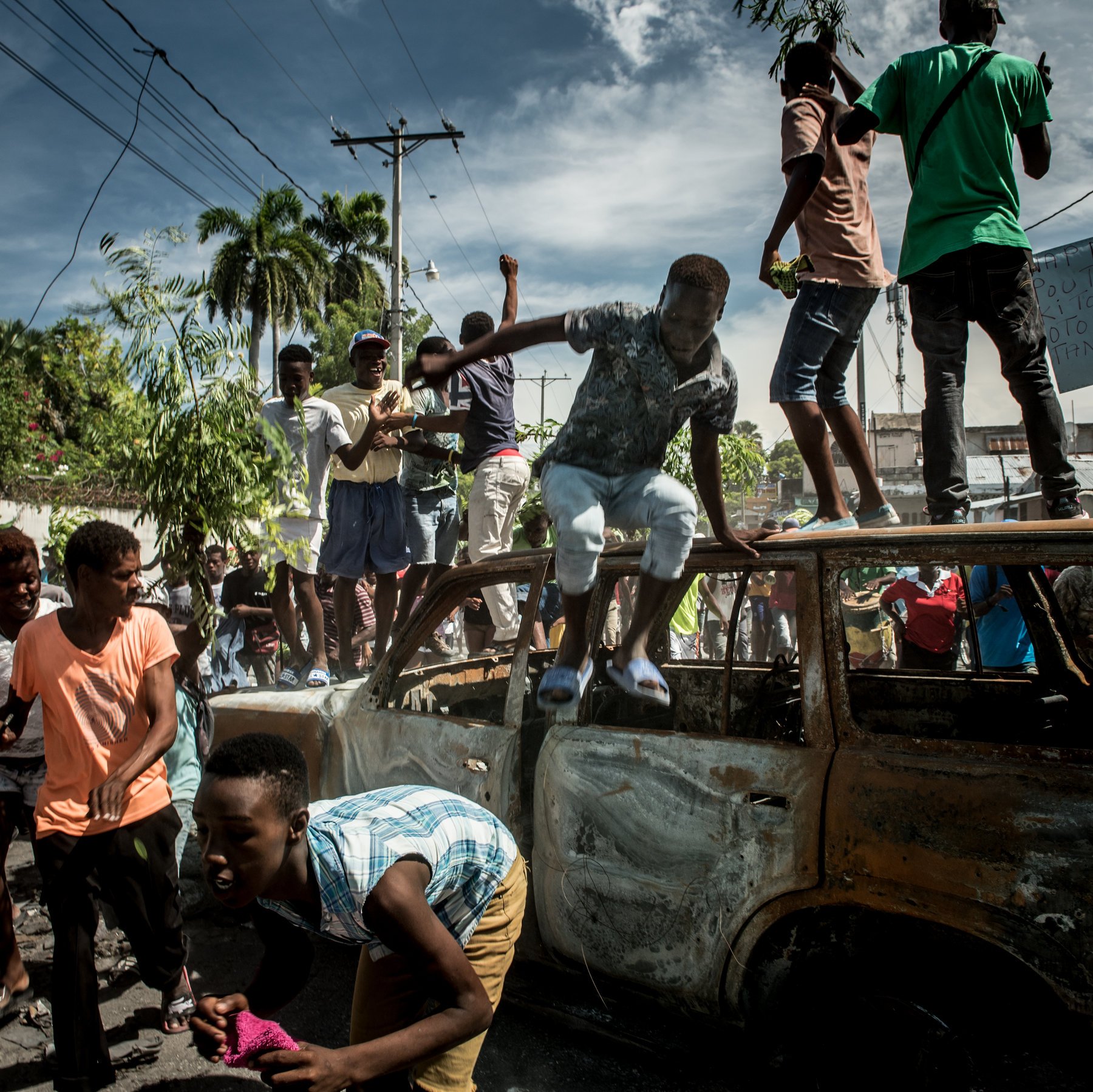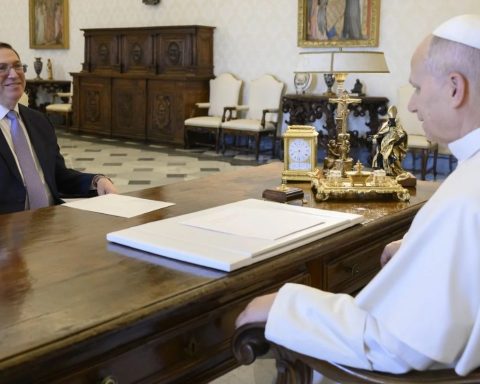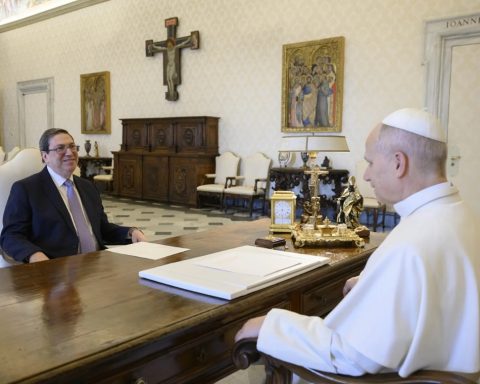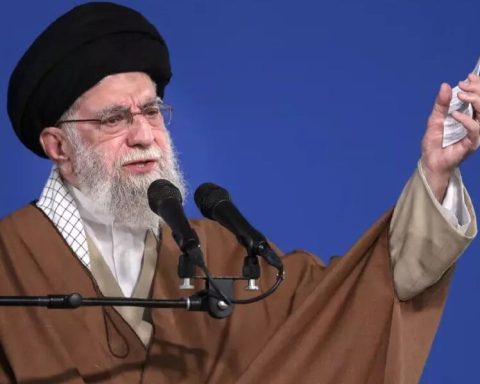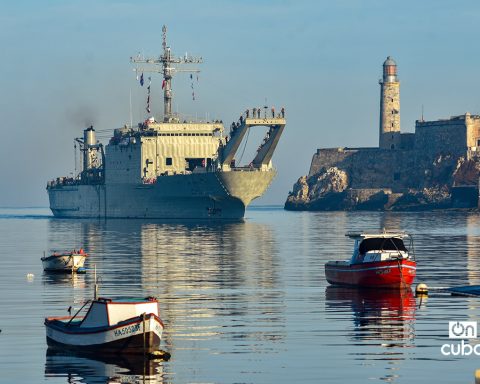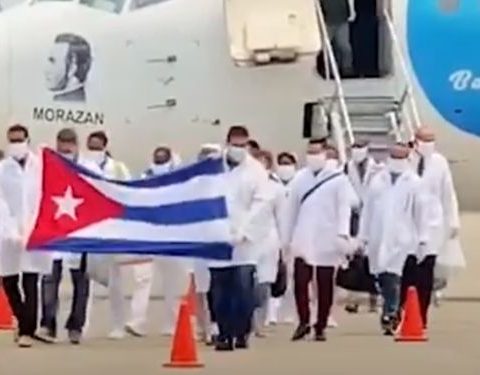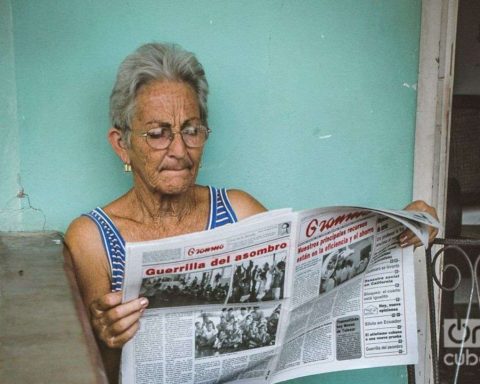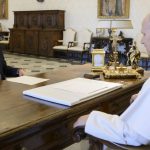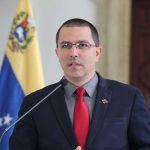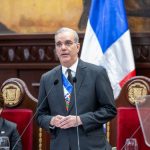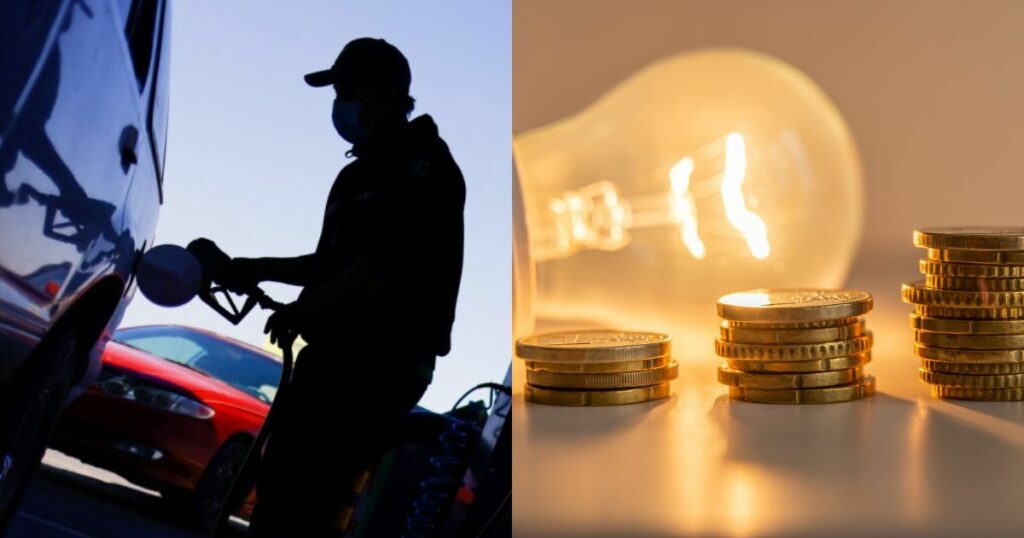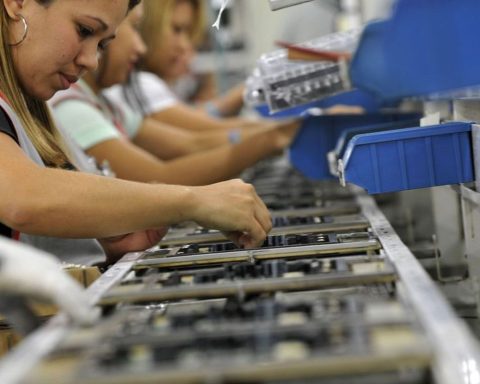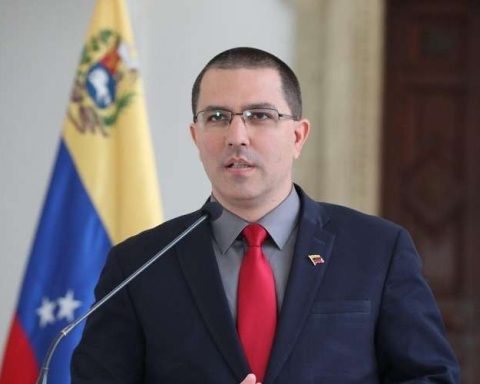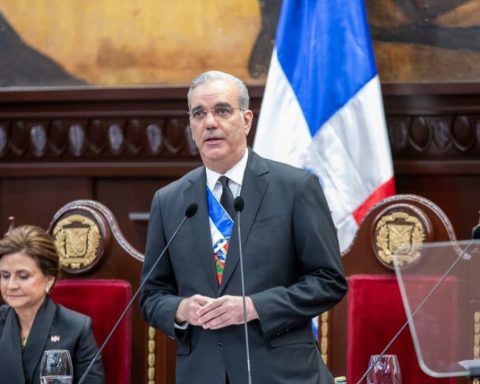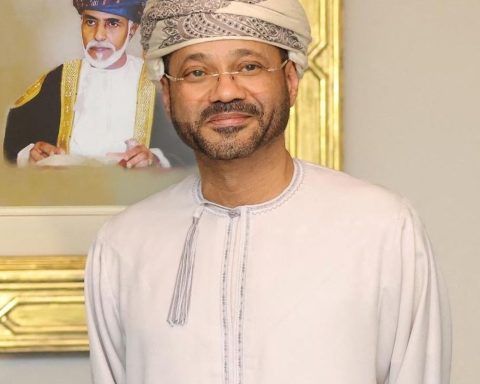Haiti again to iron and fire. The violence has returned to the streets. Spurred on by the virtual control that armed gangs have over society, this time the spark is more popular. People began to take to the streets at dawn on Wednesday, overwhelmed by the dramatic increase in the price of gasoline decreed by the government: 4.83 dollars a gallon.
Until last March, the importation and distribution of gasoline was a virtual monopoly of the government. But the gangs have since taken over that business and control at least all the gas stations in the capital, Port-au-Prince. They have nothing to do with importation, but seize the tankers as they leave the port and “work” with the price decreed by the government, which is about to run out of funds to pay for the purchase of fuel abroad, particularly to Venezuela, with which Haiti has a preferential price agreement signed at the time of the late president Hugo Chávez.
This Wednesday the street violence was so strong that the French and Spanish embassies closed their doors to prevent the entry of refugees. The US airline American Airlines suspended, until further notice, its only daily flight to the Caribbean country.
The bulk of the violence has been concentrated in the wealthy neighborhood of Petionville, where a group of Haitians attacked a hotel. But they ended up evicted by the entity’s private security, reported the Voice of America station.
In the meantime, the municipal authorities prohibited the circulation of vehicles and motorcycles in Petionville. “There are only people on the street who move on foot. Restaurants have closed, some shops too, and you have to look for food from street vendors,” she told OnCuba “Antonio”, a Cuban from Guantánamo who has lived in Port-au-Prince for almost two decades.
On the other hand, there are many vehicles stopped on the streets, either due to lack of gasoline or damaged because Haitians have a habit of mixing gasoline with water. They say it yields more, but the truth is that it spoils the engines. And public transport, all private, almost does not circulate.
Meanwhile, the president of the Dominican Republic, Luis Abinader, whose country shares the island of Hispaniola with Haiti, flew to New York on Wednesday to address the Haitian crisis at the United Nations. Last week the Dominican army prevented the most well-known Haitian gang leaders from crossing the border armed. The fear of the Dominican authorities is that the border region will establish a strong stronghold for the gangs.
Abinader’s idea is for the United Nations to return to Haiti with a peace contingent, MINUSTAH, the UN unit for the stabilization of Haiti that was there from 2004 to 2017.
But to achieve this, he must also convince the Organization of American States (OAS), with which he will meet on Thursday.
